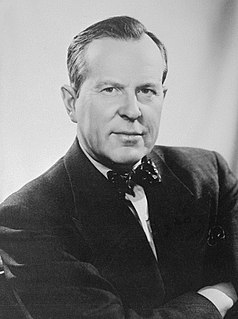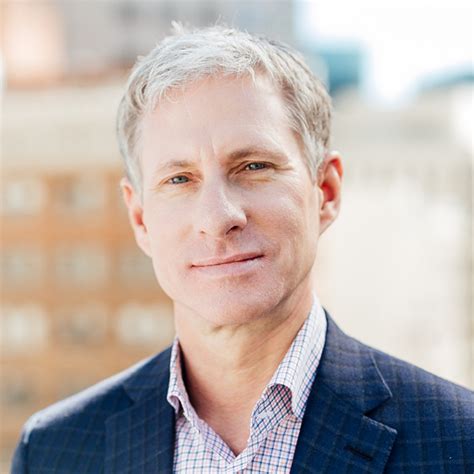A Quote by John Mackey
I believe our philosophy of conscious capitalism will eventually be widely adopted primarily because it is a better way to do business, and it creates more total value in the world for all of its stakeholders.
Related Quotes
People who go around saying that it is wrong to fly and to eat meat are not so much making appeals to us from within our shared morality, but engaging in something more like "persuasive definition." They want us to look at the world and ourselves in a different way. Someday these prohibitions against flying and eating meat may be written into our moral psychology, but it will only be after there are viable, widely shared alternatives that are beginning to be widely adopted.
To chart a course, one must have a direction. In reality, the eye is no better than the philosophy behind it. The photographer creates, evolves a better, more selective, more acute eye by looking ever more sharply at what is going on in the world. Like every other means of expression, photography, if it is to be utterly honest and direct, should be related to the life of the times-the pulse of today. The photograph may be presented as finely and artistically as you will, but to merit serious consideration, must be directly connected with the world we live in.
The more moral the people are in their business dealings, the less paperwork you need, the more handshakes you can have, the more the wheels of capitalism work better because there's trust in the marketplace. Business ethics is not a joke. And, in fact, I think most businesses that I've dealt with encourage exactly that type of behavior.
In an age where everything and everyone is linked through networks of glass and air, no one - no business, organization, government agency, country - is an island. We need to do right by all our stakeholders, and that's how you create value for shareholders. And one thing is for sure - no organization can succeed in a world that is failing.
Of God's love we can say two things: it is poured out universally for everyone from the Pope to the loneliest wino on the planet; and secondly, God's love doesn't seek value, it creates value. It is not because we have value that we are loved, but because we are loved that we have value. Our value is a gift, not an achievement.
Laissez-faire capitalism, or anarchocapitalism, is simply the economic form of the libertarian ethic. Laissez-faire capitalism encompasses the notion that men should exchange goods and services, without regulation, solely on the basis of value for value. It recognizes charity and communal enterprises as voluntary versions of this same ethic. Such a system would be straight barter, except for the widely felt need for a division of labor in which men, voluntarily, accept value tokens such as cash and credit. Economically, this system is anarchy, and proudly so.
I'd be the first to agree that capitalism bestows its blessings unevenly. But that wouldn't persuade me to think it was a good idea to do away with those blessings in their entirety. That said, there is lots of work to be done to make capitalism work better, and to broaden its blessings far more widely not only in America, but all over the globe.
































